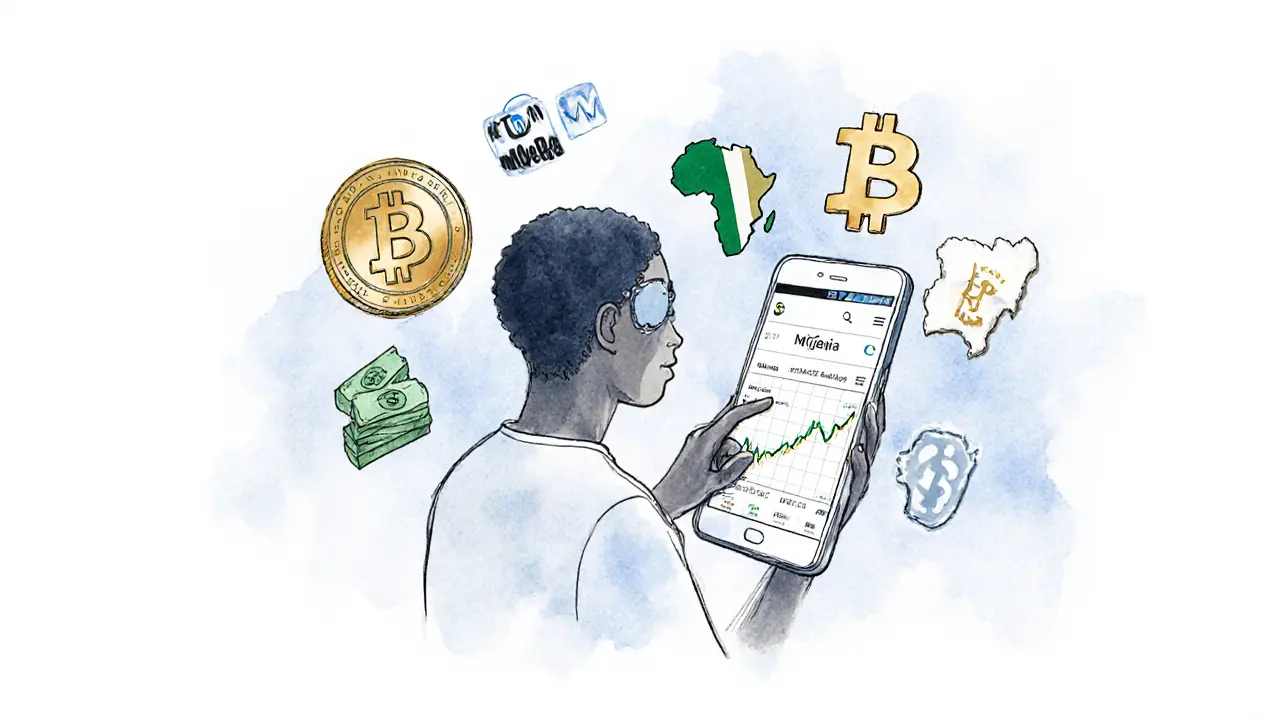Restricted Countries and Crypto: Where Trading Is Blocked or Limited
When it comes to restricted countries, nations that limit or ban cryptocurrency use and trading. Also known as crypto-banned regions, these are places where governments see digital assets as a threat to financial control, currency stability, or national security. It’s not just about legality—it’s about access. In some places, you can’t even buy Bitcoin without risking fines or jail time.
Take China, a major economy that outlawed crypto exchanges and mining in 2021. Also known as the Chinese crypto ban, it didn’t stop trading—it pushed it underground. People still use P2P platforms, stablecoins like USDT, and encrypted apps to move money. Meanwhile, Afghanistan, under Taliban rule, has seen crypto become a lifeline for remittances and survival. Also known as crypto under oppression, traders risk arrest just to send money home. Even Pakistan, which launched its own crypto regulator (PVARA) in 2025. Also known as crypto oversight authority, shows how governments are shifting from bans to control. These aren’t just isolated cases—they’re part of a global pattern where crypto meets power, fear, and survival.
Some countries don’t outright ban crypto but make it nearly impossible to use. Banks block transactions. Exchanges can’t get licenses. Taxes are so high that trading becomes pointless. Others, like El Salvador, tried going all-in with Bitcoin—only to face IMF pressure and low adoption. The truth? There’s no single rule. One country bans mining. Another bans exchanges but lets people hold coins. A third lets you trade but taxes every transaction at 40%. Restricted countries aren’t just a list—they’re a map of power, resistance, and adaptation.
What you’ll find below are real stories from the frontlines: how traders in China bypass the ban, how Afghan users keep Bitcoin alive without internet, why a crypto exchange called Cryptobuyer Pro is a scam targeting people in places with few options, and how airdrops and P2P networks fill the gaps left by governments. These aren’t theoretical debates—they’re survival tactics.
P2P Crypto Platforms in Restricted Countries: How People Bypass Bans to Trade Bitcoin
P2P crypto platforms let people in restricted countries buy and sell Bitcoin without banks or government approval. Learn how they work, which platforms to use, and the real risks involved.
VIEW MORE
